

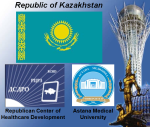
Theme
Clinical Assessment and the OSCE
INSTITUTION
Republican Center of Healthcare Development
Astana Medical University
Communication skills are an important professional competence for physicians. One method to evaluate the communicative competence of the student is to conduct objective structured clinical examination (OSCE) involving standardized patients (volunteers).
The technique of using standardized patients is effective in practical training and at the stage of assessing students. This approach is a method of active learning and efficiently develop practical skills in students, while in the case of individual assignments it formes ability to work independently, in the case of collective (group) tasks - developing teamwork skills.

The learning pyramid (according to the National Training Laboratories, Bethel, Maine, 1969) and place of OSCE
Analysis of the questionnaires showed that 4% of the students said about unfriendly volunteers, 27% - wrote that it was difficult to take medical history, 2% - unfortunately, have never faced such situation, 12% - said about improvement of the volunteers communication skills. Only 10% of examinees decided that OSCE doesn’t develop their communication skills, 24% said some stations that have caused them some difficulties. However, the students themselves admitted their poor communication skills.
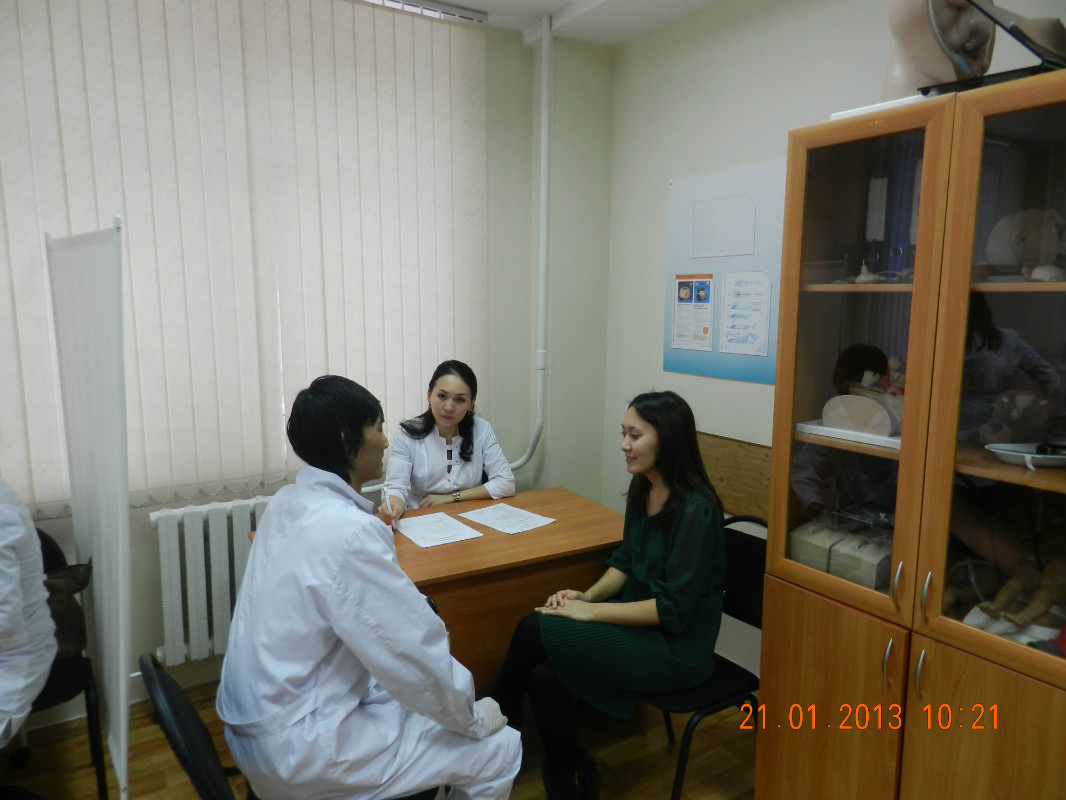 |
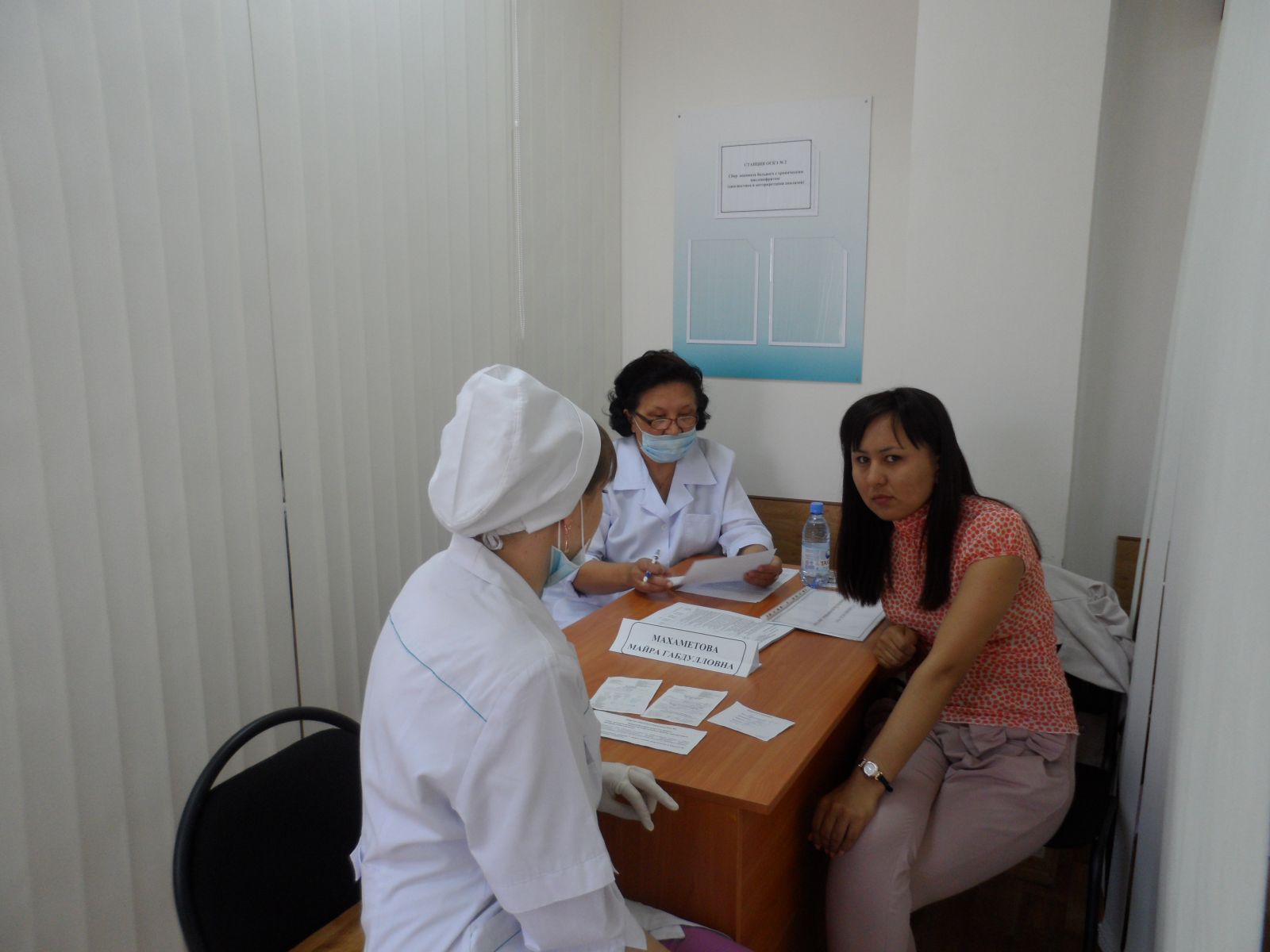 |
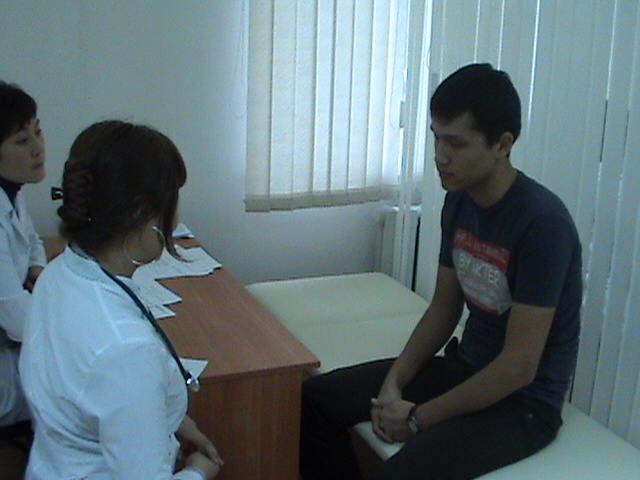 |
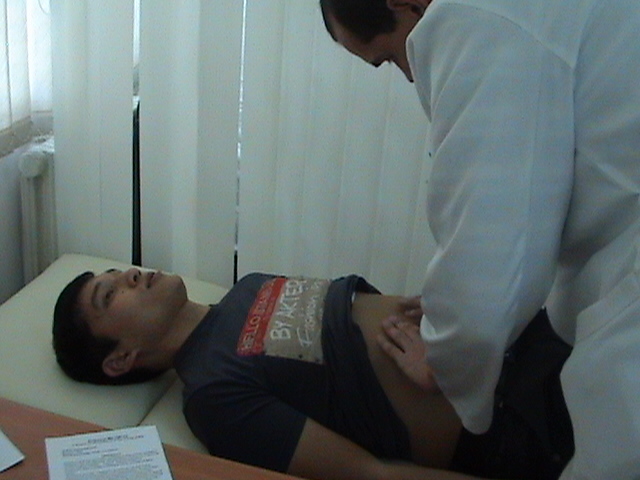 |
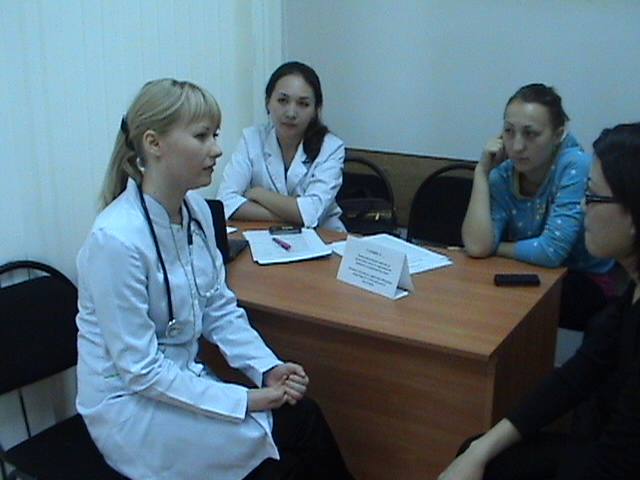 |
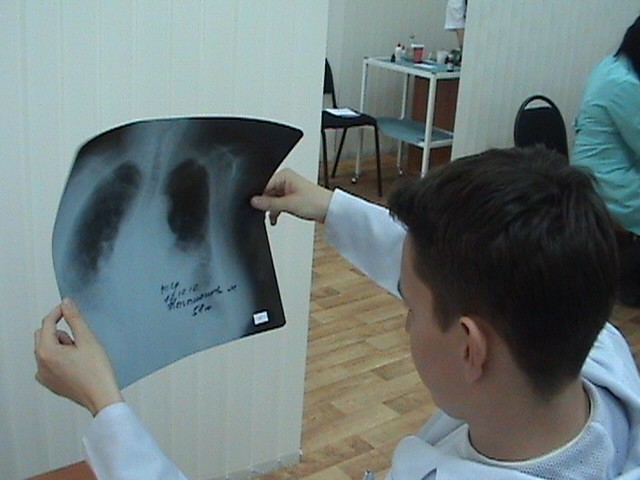 |
Use of OSCE gives possibility to achieve an objective, unbiased assessment of the knowledge and skills of students, to evaluate teaching and quality of curriculum.
According to the State educational standards of Kazakhstan, the 5th year students (specialty "General Medicine") have to pass a two-stage exam in the end of clinical subjects study. This exam consists of integrated testing and skills evaluating by OSCE. Subject "General practice" includes four modules: "Internal Medicine", "Childhood diseases", "Obstetrics and Gynecology", "Surgical diseases". Skills evaluation was made at 10 OSCE stations. We involved "standardized patient" (volunteers, 6th year students). The analysis of these stations will allow us to analyze the level of communication skills of students. Students who have passed the exam, completed an anonymous questionnaire evaluating OSCE and their communication skills.

OSCE stations
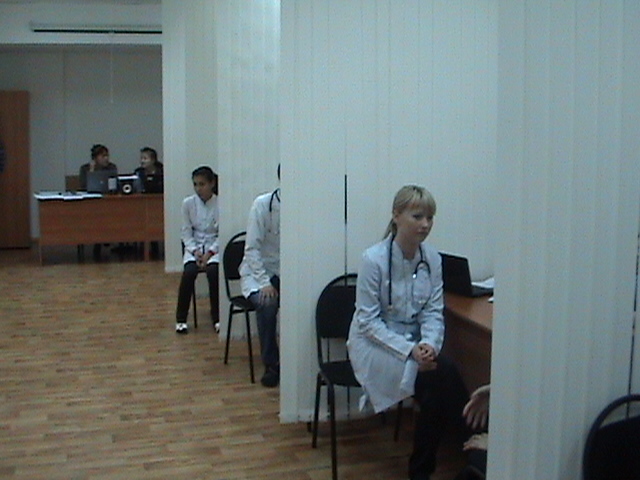 |
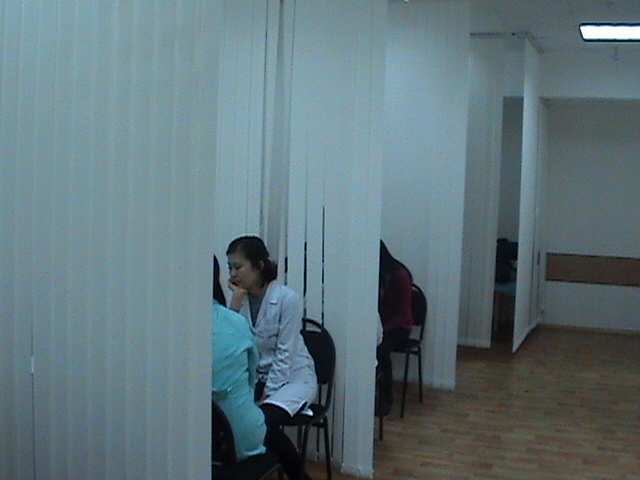 |
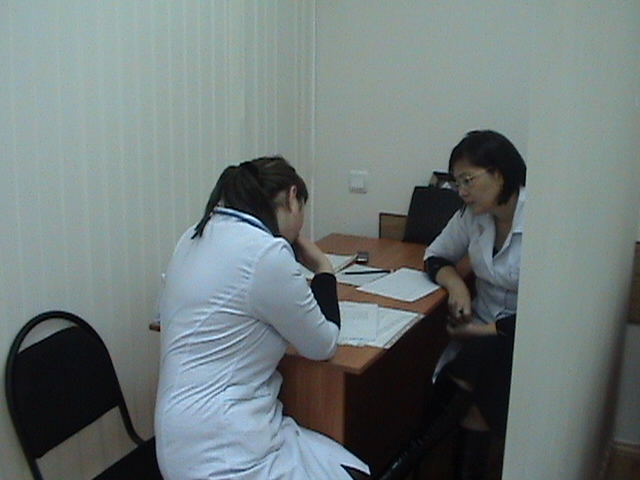 |
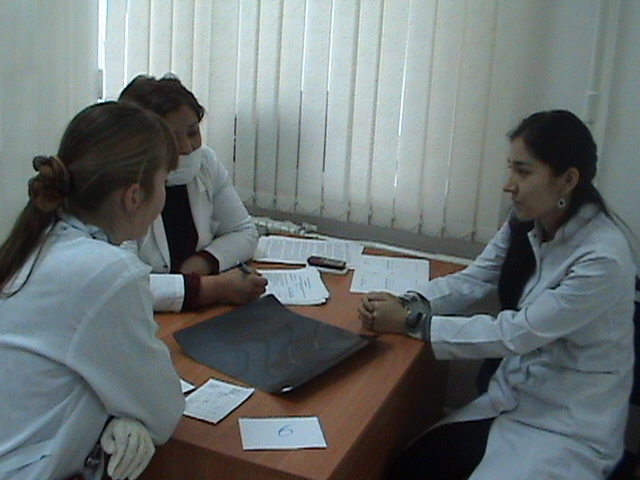 |
OSCE with volunteers and systematic feedback from both students and the volunteers can improve and assess the communicative competence of students. Analysis of the questionnaires showed that the students self-critical attitude to their communication skills, and recognize the need for their continuous improvement.
Authors
 |
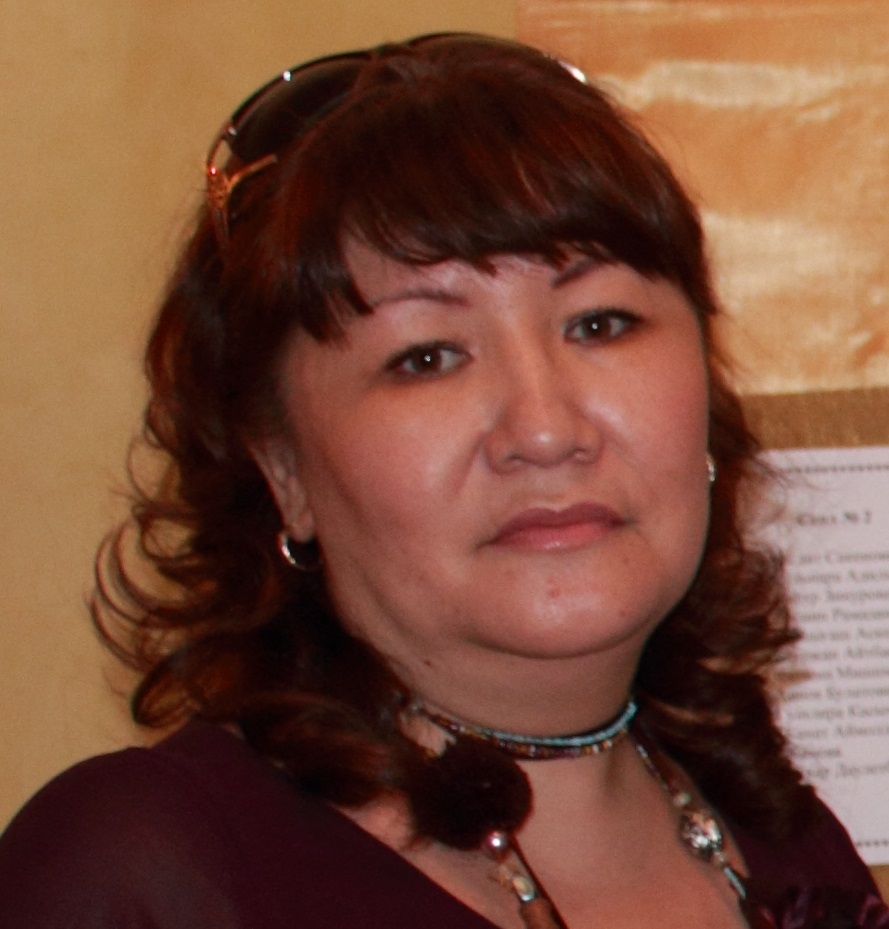 |
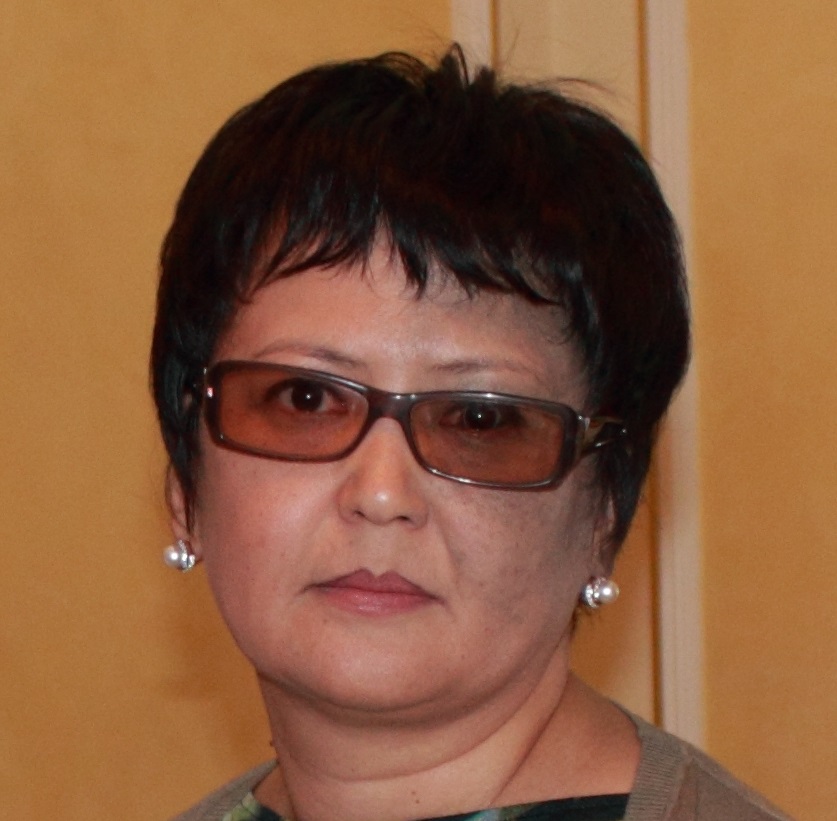 |
|
Vitaliy Koikov MD, Doctor of Medical Sciences, Head of Centre for Research, Expertise and Health Innovation Development of the Republican Centre for ?ealth Development, vitaliy.koikov@gmail.com |
Gulmira Derbissalina MD, Candidate of Medical Sciences, Associate Professor Head of Department of General Practice of Astana Medical University derbissalina@gmail.com
|
Lazat Karsakbaeyeva MD, Candidate of Medical Sciences Associate Professor of Department of General Practice of Astana Medical University
lz.kars@gmail.com |
 |
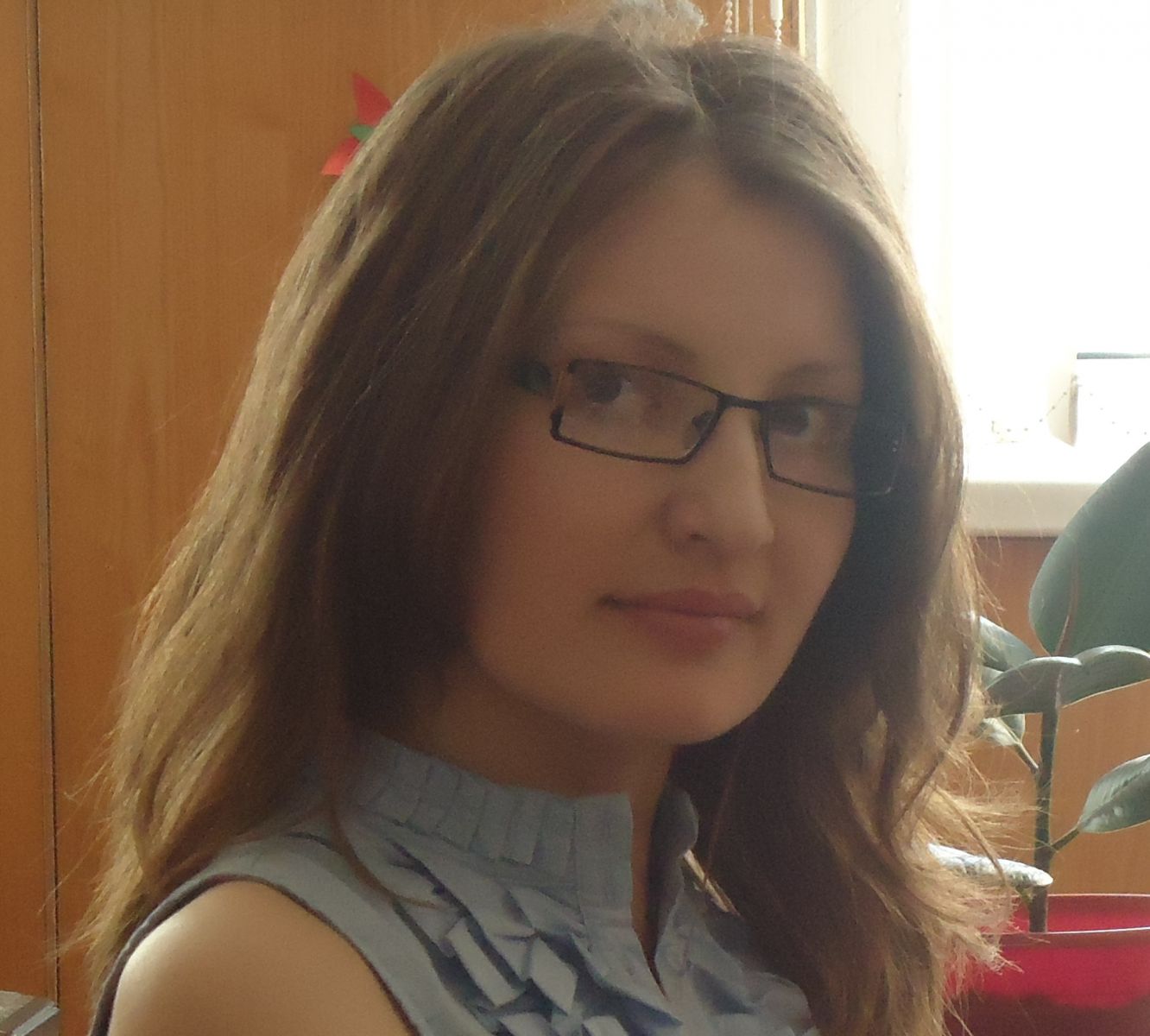 |
|
Zarema Gabdilashimova MD, Doctor of Medical Sciences, Professor of Department of Obstetrics an Gynecology of Astana Medical University |
Zhanagul Bekbergenova MD Assistent of Department of General Practice of Astana Medical University
|
We thank the volunteers who had played the role of standardized patients and students included in the survey.
 Send Email
Send Email